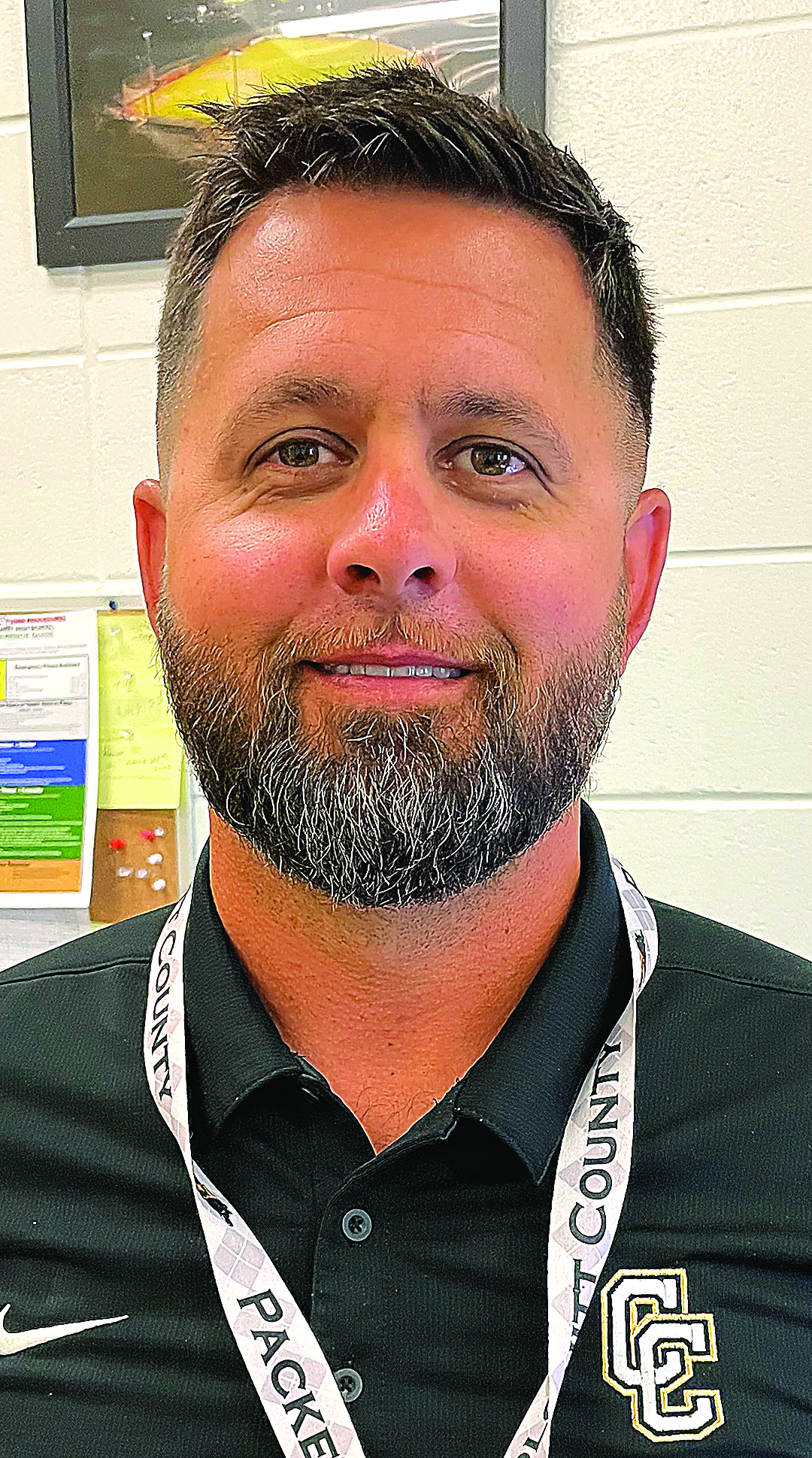Brian McDaniel to take over accountability court
Published 10:38 pm Wednesday, August 20, 2014
MOULTRIE — Colquitt County’s diversion court for substance abusers and mentally ill defendants is preparing for a changing of the guard.
Superior Court Judge Frank Horkan, an early supporter of the court, will retire at the end of his term Dec. 31 and be replaced by Brian McDaniel, Colquitt County’s assistant district attorney, who was elected to the judgeship in May.
Trending
Variously known as an accountability court, a substance abuse court or a treatment court, the effort is designed to get selected offenders out of the mainstream court system and into a process where treatment of underlying problems is a key part of the judicial response. It began here in early 2013, using similar courts in other parts of the state as models.
“[The offender] deserves to be punished for the crimes [they’ve] committed,” explained court administrator Jennifer Fabri, “but we don’t believe their treatment is best delivered in a jail cell.”
Fabri and Horkan presented an update on the court to the Mental Health Coalition — formerly the Archway-Healthy Colquitt Coalition Mental Health Subcommittee — during the group’s monthly meeting Wednesday.
McDaniel was not at the meeting, but he has been involved in the coalition in the past and has worked with the accountability court since its inception. Horkan said McDaniel would be taking his place at training scheduled for next month.
The court is currently working with 16 offenders, Fabri said. Three more defendants will be reviewed Friday to see if they qualify.
“We’ve probably taken in two dozen over the life of the program,” Horkan said. “Some have been terminated for one reason or another.”
Trending
“We’ve had some bumps in the road,” Fabri agreed. “We’ve had some relapses, but we’re learning.”
Two of the courts’ clients are approaching “graduation,” they said, probably in January or February. Fabri said court staff are planning a festive event just as if they were graduating from school or college.
“We’ve got some people who are doing very well,” she said. “I am so proud of them.”
The court is funded by a state grant that this year began requiring a local match, according to Lynn Wilson, chairman of the coalition, but she said the Colquitt County Board of Commissioners stepped up with funding of $10,000 after the coalition showed how much money the court saved by keeping defendants out of jail.





